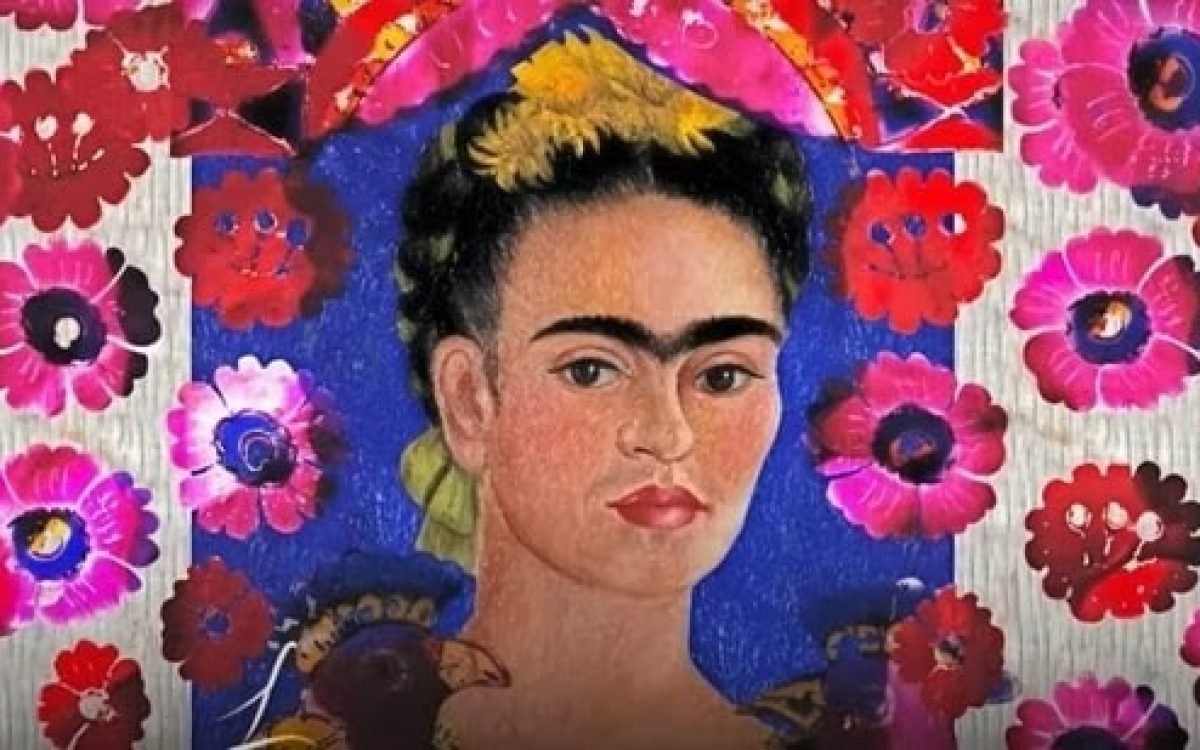In the realm of art and history, there are few figures as captivating and enigmatic as Frida Kahlo. Her iconic self-portraits and tumultuous life have fascinated audiences for decades, inspiring countless interpretations and adaptations. Yet, amidst the plethora of documentaries exploring her life and work, there emerges one that promises to redefine our understanding of this legendary Mexican painter: “Frida (2024)”, directed and edited by the visionary Carla Gutierrez.
What sets “Frida (2024)” apart is its innovative approach to storytelling. Rather than relying solely on narration or commentary, Gutierrez’s documentary immerses viewers in the world of Frida Kahlo through her own words. Drawing from a treasure trove of letters, diaries, essays, and print interviews, the film gives voice to the artist herself, offering a deeply personal and intimate perspective on her life and art.
But bringing Frida Kahlo’s voice to life presented a formidable challenge. As Gutierrez explains in an exclusive interview, the search for the right voice was as arduous as it was crucial. It had to capture not just the raspiness from years of smoking, but also the gravitas, depth of emotion, and complexity that defined Kahlo as an individual and an artist.
Enter Fernanda Echevarría, the remarkable voice actor chosen to embody Frida Kahlo in the documentary. With her blend of maturity, vulnerability, and passion, Echevarría breathed life into Kahlo’s words, infusing each line with the duality, contrast, and range that characterized the painter’s persona.
For Gutierrez and her team, Echevarría’s casting was more than just a stroke of luck; it was a revelation. As they listened to her audition and saw her voice paired with images of Kahlo, it was as if the artist herself had been resurrected, speaking directly to them from beyond the grave.
Throughout the recording process, Gutierrez worked closely with Echevarría, guiding her to channel Kahlo’s essence and authenticity. By encouraging her to tap into the raw emotions and intimate confessions that defined Kahlo’s life, Gutierrez ensured that every word spoken in the documentary rang true to the artist’s spirit.
The result is a cinematic experience unlike any other, one that invites viewers to see Frida Kahlo not as a distant historical figure, but as a living, breathing presence. Through Gutierrez’s masterful direction and Echevarría’s soul-stirring performance, “Frida (2024)” promises to leave an indelible mark on the world of documentary filmmaking, offering a fresh perspective on an enduring icon.
As audiences prepare to embark on this journey into Kahlo’s world, one thing is certain: with “Frida (2024)”, Carla Gutierrez has created a work of art worthy of its subject’s legacy.









